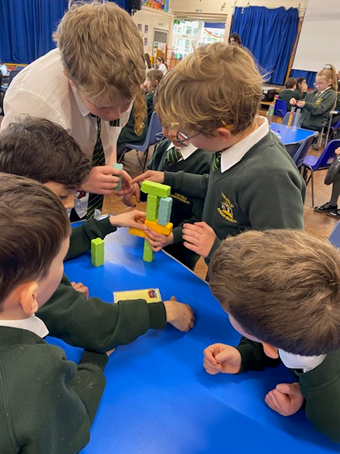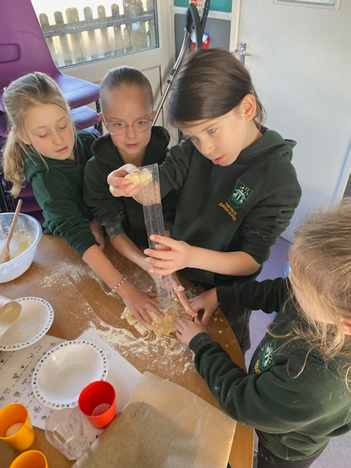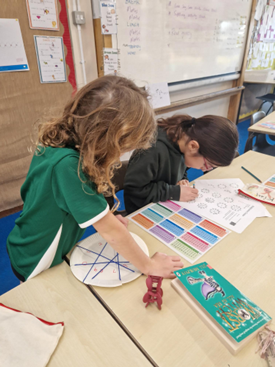Maths
Vision
At Fair Field, we aim to create vibrant learning environment where every child develops a lively, enquiring, and resilient mind. We are committed to nurturing confident learners who are fluent in the fundamentals of mathematics and who build progressively on their knowledge and understanding from Key Stage 1 throughout Key Stage 2. We encourage pupils to see maths all around them and develop their skills in critical and logical thinking.
We believe that mathematics is not only a critical academic discipline but also a vital life skill. We aim to instil a deep, lasting understanding of mathematical concepts, enabling pupils to make meaningful connections, ask thoughtful questions, and embrace challenges with curiosity and perseverance. By embedding opportunities for reasoning, problem-solving, and real-world application into learning, we ensure that children see the relevance and power of mathematics in everyday life. We foster a culture where mistakes are valued as part of the learning process, resilience is celebrated, and every child is supported to reach their full potential. Ultimately, we aim to inspire a generation of learners who approach mathematics with confidence, joy, and a strong sense of purpose—equipped with the skills and mindset to succeed both within and beyond the classroom.



How we teach maths at Fair Field
At Fair Field, we use the HfL Essentials scheme which provides continuity and a progression of skills and knowledge. We have adopted the mastery approach when teaching maths. This approach is designed to help all children develop a deep, secure, and long-lasting understanding of maths using:
- concrete (physical objects like blocks or counters),
- pictorial (drawings and diagrams to represent problems)
- abstract (numbers and symbols).
Our curriculum covers the following topics:
- Place Value
- Addition and Subtraction
- Multiplication and Division
- Fractions
- Statistics
- Time
- Shape, Space and Measure
- Statistics
We deliver discrete fluency sessions designed to help pupils build speed, accuracy, and confidence with core number facts and methods. These short, focused sessions allow pupils to regularly revisit key skills such as times tables, number bonds, and mental strategies, ensuring they become embedded for long-term understanding. By developing fluency in this way, our pupils are better equipped to tackle more complex mathematical concepts.
